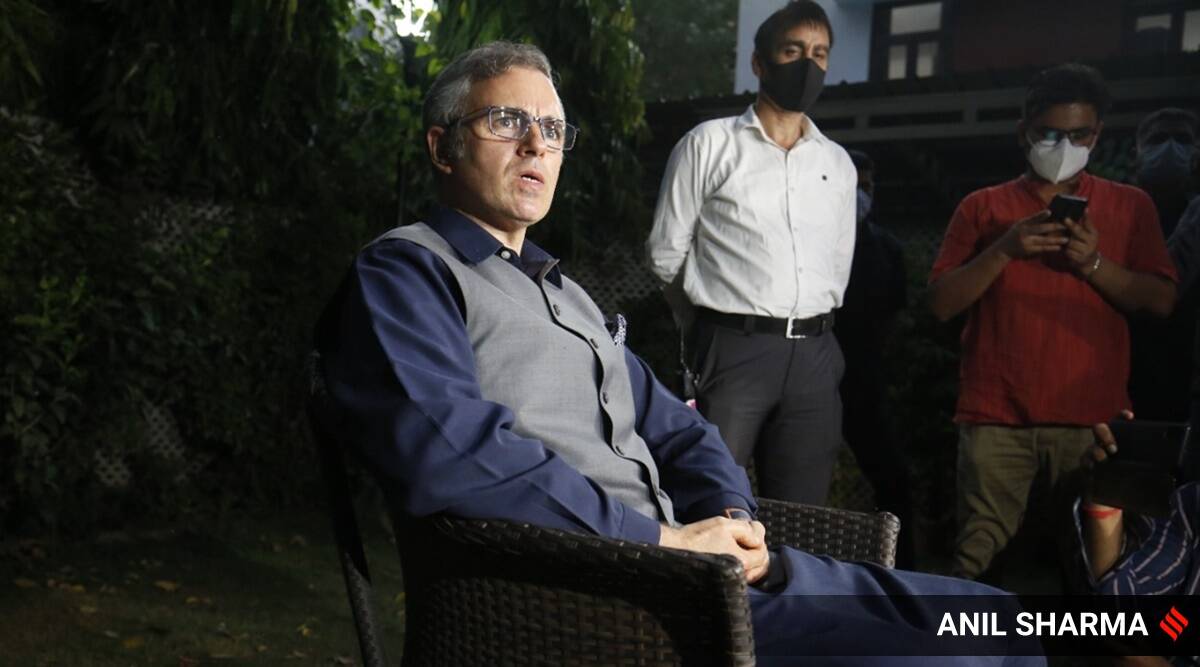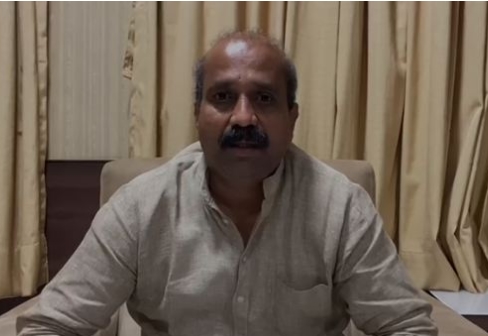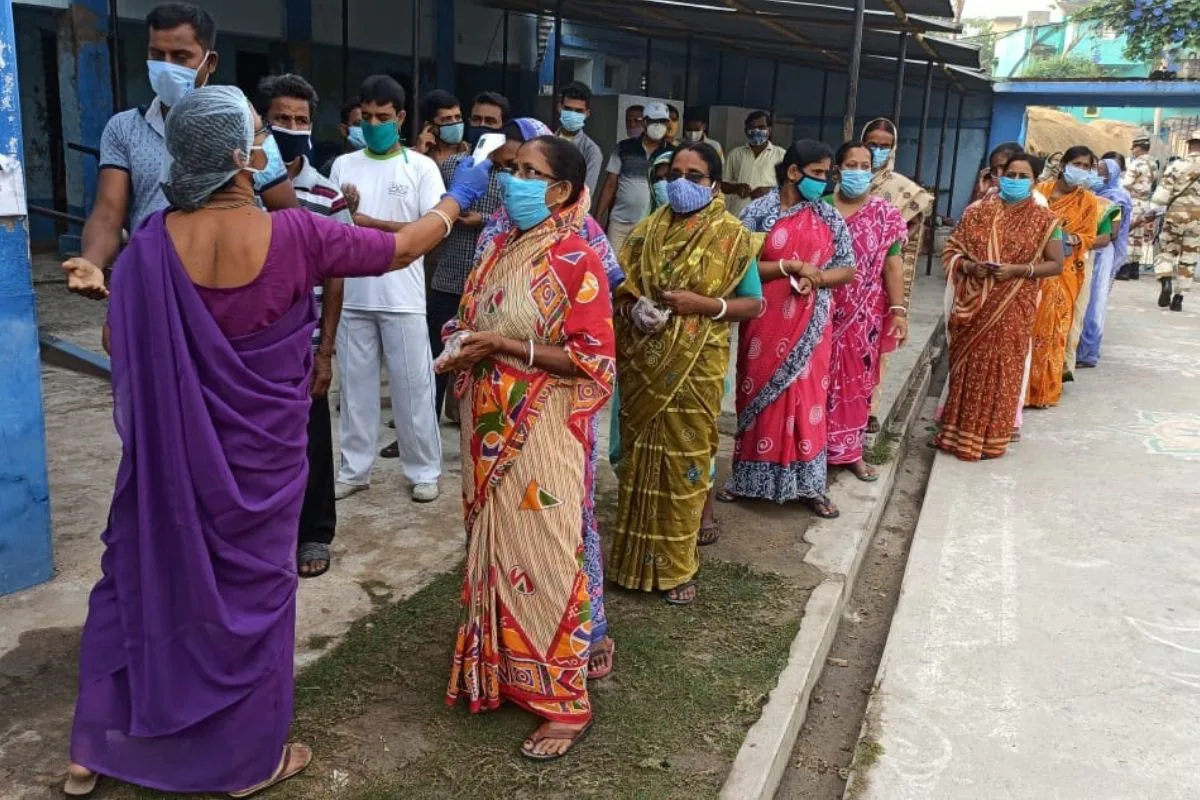It will be foolish to demand restoration of Article 370 — provision in the Constitution of India that provided Jammu and Kashmir a special dispensation, and was abrogated on August 5, 2019 — from the current government, said former Chief Minister of J&K and vice president of the National Conference.
Speaking to The Indian Express a day after the Prime Minister’s meeting with 14 senior leaders from J&K, Omar Abdullah said, “It took the BJP 70 years to fulfill its political agenda for (Article) 370. Our struggle has just started. We don’t want to fool people by telling them we will get 370 back in these talks. It will be foolish to expect 370 will be back — there has been no indication it will be restored by the current government.”
In the meeting that lasted for more than three hours Thursday, Omar Abdullah was one of the five persons who could not speak, the other four being Nirmal Singh, Tara Chand, Ghulam A Mir and Ravinder Raina.
He described the meeting as a “beginning”. “It is a first step, and it will be a long road to rebuilding trust and confidence,” he said.
Significantly, he said, the Prime Minister himself talked about Assembly elections, expediting the delimitation exercise, restoring the elected government to J&K and statehood. “He said he was very keen to have a meeting after the elections to the District Development Councils. He made it a point to mention that this was the largest physical meeting he has had after the onset of Covid last year,” Abdullah said.
When asked if the National Conference had given up on its demand for restoration of Article 370, Abdullah emphasised that not putting this across at Thursday’s meeting did not mean the National Conference had abandoned it. “We will do it legally, peacefully and constitutionally. We are fighting tactically… it is being fought in the Supreme Court where we stand a maximum chance,” he said.
In all fairness to Prime Minister Narendra Modi and Union Home Minister Amit Shah, neither of them put any conditions to the talks, Abdullah said. “There were no pre-conditions to talks. We did not have to surrender any of our demands. They didn’t rebuke us for all that we said or demanded,” he said.
After August 5, 2019, there was a complete breakdown in communication between the Union Government and mainstream political parties, Abdullah said. “We had two basic aims: one, to understand from the Government of India what they had in mind and the idea of a roadmap ahead; two, we also wanted to put our points across. What NC and PDP told the PM and the HM was no different from what we said in Srinagar, which is, what they did was wrong, and a large percentage of the population was unhappy,” he said.
Explaining his apprehensions about the delimitation exercise, Omar Abdullah said, “Why shouldn’t this exercise for J&K be undertaken with the rest of the country. Why treat us differently when the entire objective of August 5, 2019, was to bring J&K at par with the country?”
As things stand now, the delimitation exercise for the rest of the country will be based on the latest 2021 Census and be ready by 2026, whereas for J&K, it will be based on the 10-year older Census 2011. “The political side to delimitation is what is creating uncertainty… The rejigging of seats — where will they be added,” Abdullah said, adding that Home Minister Amit Shah did seek to allay these concerns explaining how the software was objective.
While the three leaders of the National Conference — Associate Members in the Delimitation Commission — did not attend its meeting on February 18, they may participate whenever it is called next. “Doctor sahab (NC President Farooq Abdullah) has been authorised by the party to take a call at the appropriate time on this,” he said.




